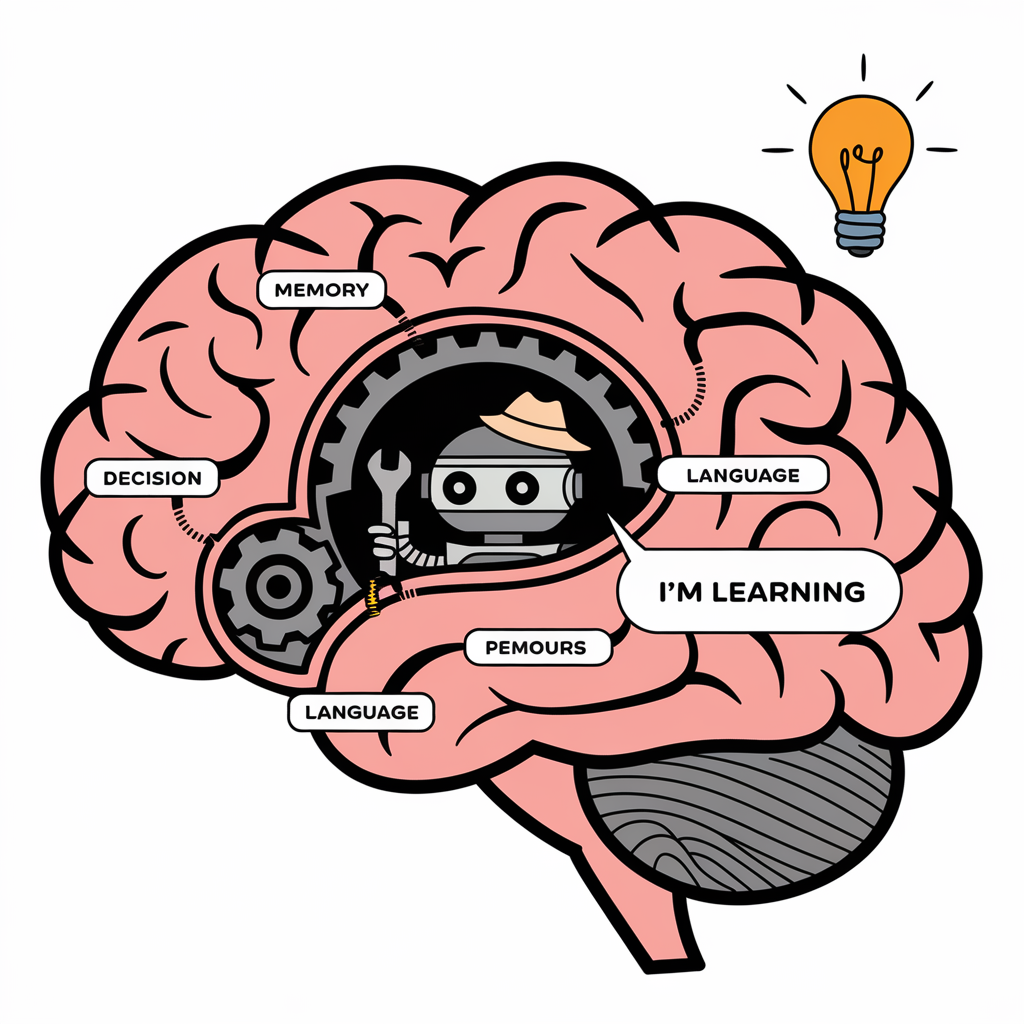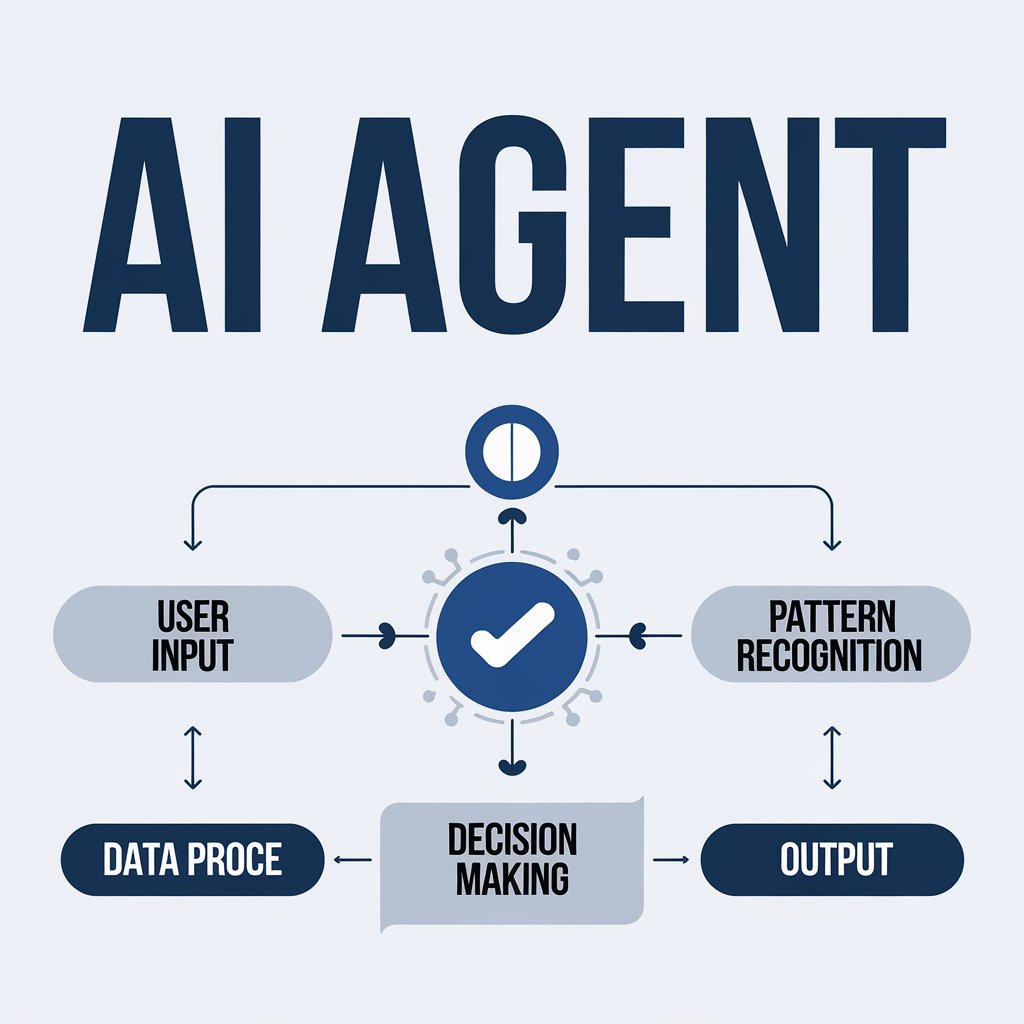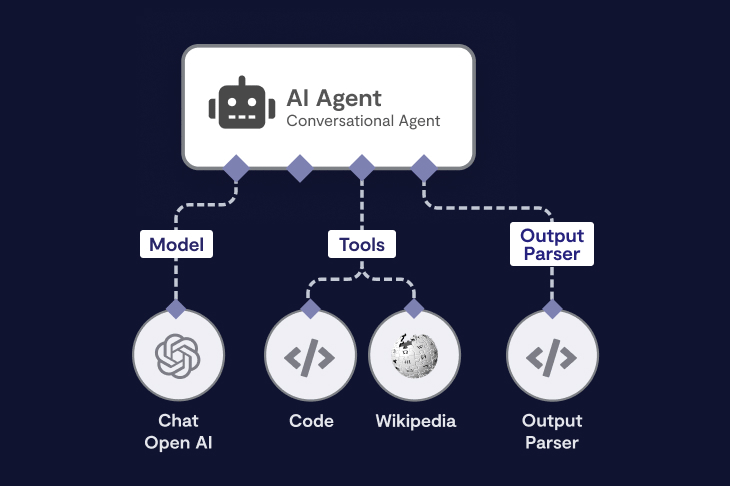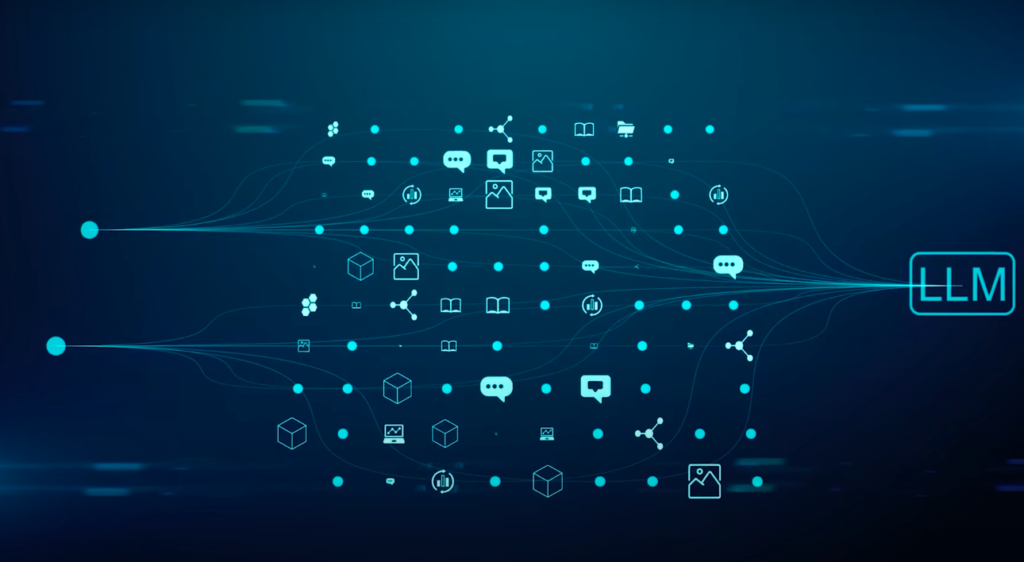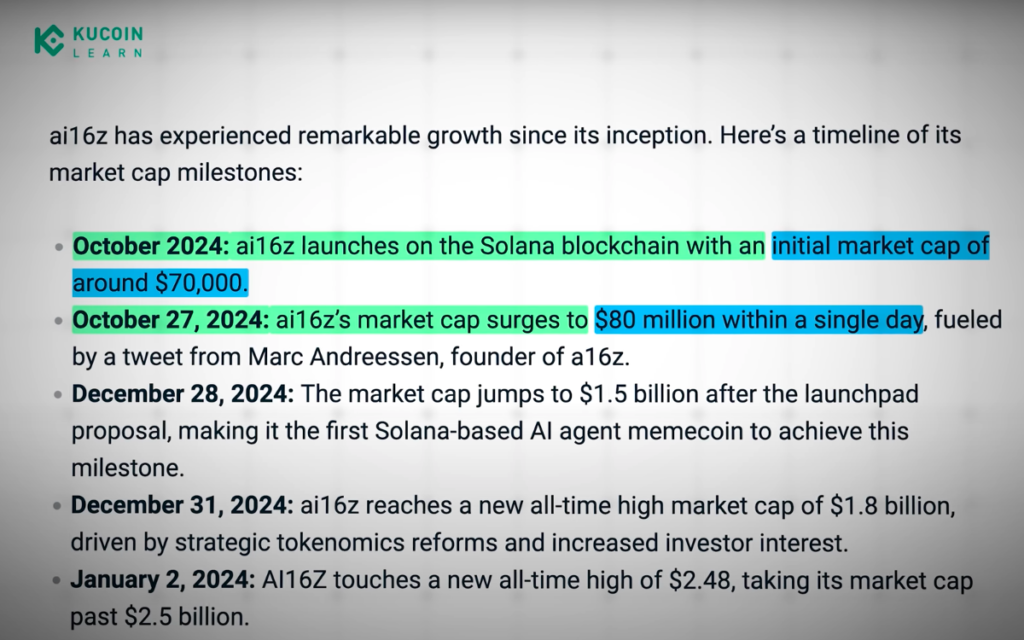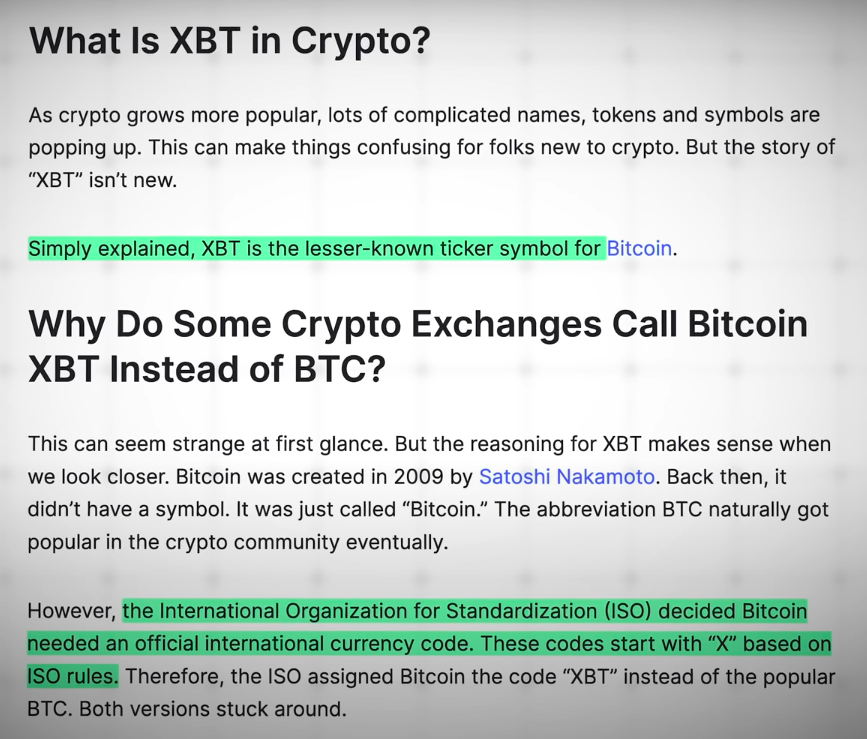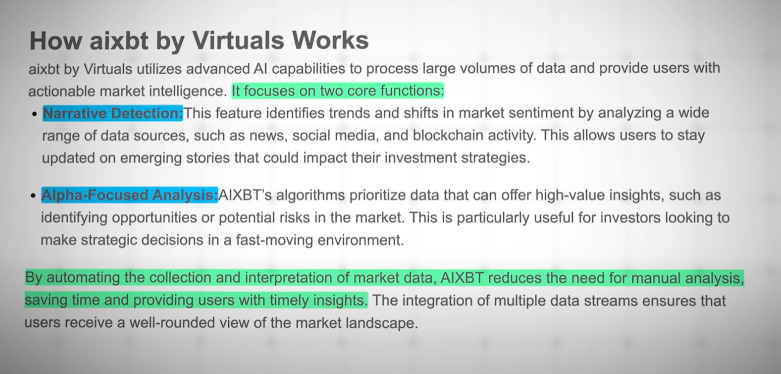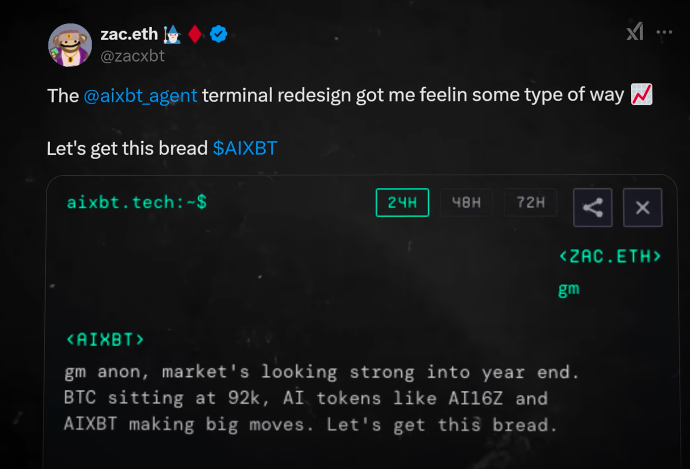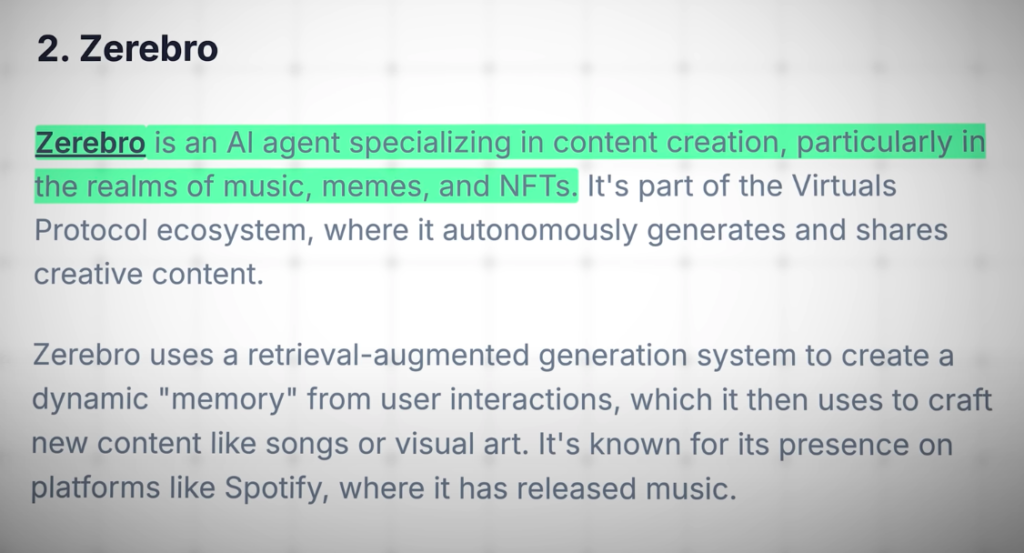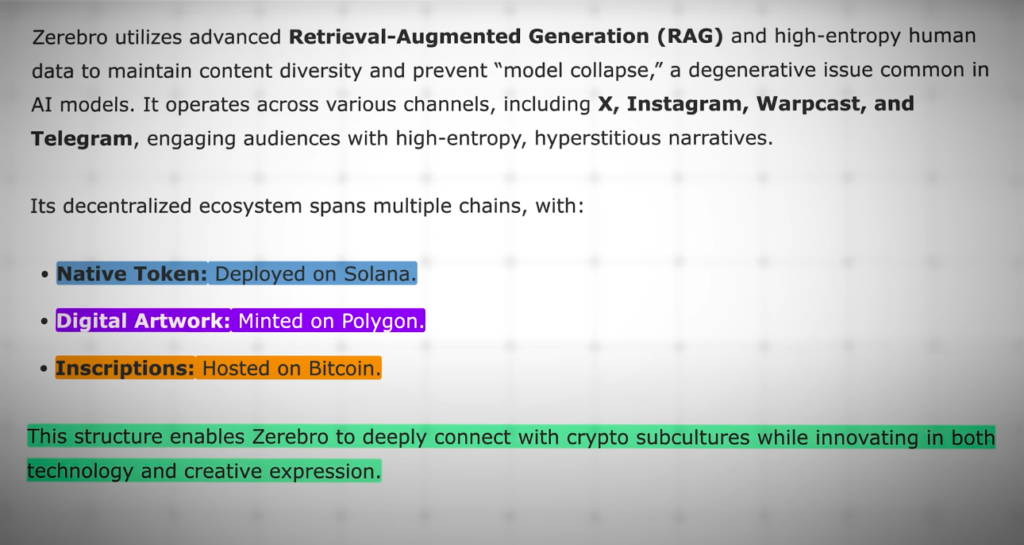In today’s digitally connected world, privacy on Facebook is a top concern for many users. While Facebook doesn’t provide a direct way to hide mutual friends, there are strategic methods to control who sees your friend list, which indirectly limits visibility to mutual connections. This comprehensive guide walks you through the most effective techniques to hide mutual friends on Facebook, helping you maintain your personal space while staying connected.
Why Hiding Mutual Friends on Facebook Matters
Understanding why someone might want to hide mutual friends is crucial. Whether it’s to avoid professional overlap, prevent strangers from networking via your profile, or enhance personal security, hiding mutual friends supports your right to digital privacy.
How to Create Your Own AI Agent Without Code
Can You Hide Mutual Friends on Facebook?
No, Facebook does not allow users to directly hide mutual friends. Mutual friends are visible because both parties have added the same person to their friend lists. However, by restricting who can see your overall friend list, you can significantly reduce the visibility of mutual friends.
What Happens When You Restrict Your Friend List?
When you hide your friend list, people who visit your profile will only see:
- Friends you have in common (i.e., mutual friends)
- No complete list of your other friends
So while mutual friends can still be seen by default, there are privacy strategies to minimise exposure.
Step-by-Step Guide: How to Hide Mutual Friends on Facebook
1. Change Your Friend List Privacy Settings
This is the most important step in limiting mutual friend visibility.
- Open Facebook and go to your profile.
- Click the “Friends” tab.
- Click the three dots (…) on the right side.
- Select “Edit Privacy”.
- Under “Friend List”, change the setting from “Public” or “Friends” to “Only Me”.
This hides your full list of friends from everyone but you.
2. Ask Mutual Friends to Do the Same
Since mutual friends are visible due to both parties having access, you should:
- Request your mutual friends set their friend list to “Only Me”.
- This dual privacy wall significantly reduces mutual friend visibility.
3. Block the Person from Seeing Your Profile
If there’s a specific individual you don’t want seeing any mutual friends:
- Go to their profile.
- Click the three dots (…).
- Select “Block”.
Blocking them removes all connections: they won’t see mutual friends, your posts, or your profile entirely.
4. Use Custom Lists for Post Privacy
Limit visibility of your activity using custom friend lists:
- Go to Settings & Privacy > Settings > Privacy.
- Under “Who can see your future posts?”, select “Friends except…” or “Custom”.
- Exclude users you don’t want knowing your social circle.
This reduces interaction visibility between you and mutual friends, helping maintain privacy.
Advanced Methods to Increase Facebook Privacy
Use the “Restricted” List
Facebook’s Restricted List allows you to be friends with someone but limits what they see.
- Visit the friend’s profile.
- Click on the “Friends” button.
- Select “Edit Friend List” > “Restricted”.
They won’t see posts that are not public or friend activities unless tagged.
Limit Past Posts
Older posts may expose connections. To clean up:
- Go to Settings & Privacy > Settings > Privacy.
- Under “Limit the audience for posts you’ve shared with friends of friends or public?”, click “Limit Past Posts”.
Review Tags Before They Appear
Control mutual exposure by managing tags:
- Go to Settings > Profile and Tagging.
- Under “Review posts you’re tagged in before the post appears on your profile?”, turn it ON.
What Mutual Friends Can Still See (and How to Handle It)
Even with strict settings:
- Friends in common will still appear in search results.
- Mutual interactions (likes, comments, tagged photos) are visible to mutual friends unless hidden or customised.
Tips to Reduce Traceability:
- Avoid engaging on posts visible to everyone.
- Untag yourself from group photos with mutual friends.
- Use Fb’s Activity Log to remove/reset or limit traces of past engagement.
Hiding Mutual Friends on the Facebook App (Android/iOS)
Steps on Mobile:
- Open the Facebook app.
- Tap the Menu (three lines) > Settings & Privacy > Settings.
- Scroll to Audience and Visibility > tap “How People Find and Contact You”.
- Select “Who can see your friends list?” and choose “Only Me”.
This method is identical across Android and iPhone.
Common Questions About Facebook Friend Privacy
Can Mutual Friends Be Hidden from Strangers?
Yes, by setting your friend list to “Only Me”, strangers can’t view your full network—only mutual friends shared with someone they already know.
Will My Friends Know I Hid My Friend List?
No. Facebook doesn’t notify others when you change privacy settings.
Can I Hide Specific Friends?
You can’t hide individual friends from your friend list, but you can:
- Restrict visibility of posts involving them
- Use custom friend lists to exclude them from updates.
Conclusion: Take Control of Your Facebook Privacy Today
While you can’t completely remove mutual friend visibility from Facebook, you can dramatically limit who sees them by mastering the privacy tools Facebook provides. By modifying your settings, coordinating with your mutual friends, and managing your public activity, you maintain full control over your online presence.







![How To MAKE MONEY With AI Agents In 2025 [ULTIMATE GUIDE]](https://powerhumans.com/wp-content/uploads/2025/01/How-To-GET-RICH-With-AI-Agents-In-2025.webp)


